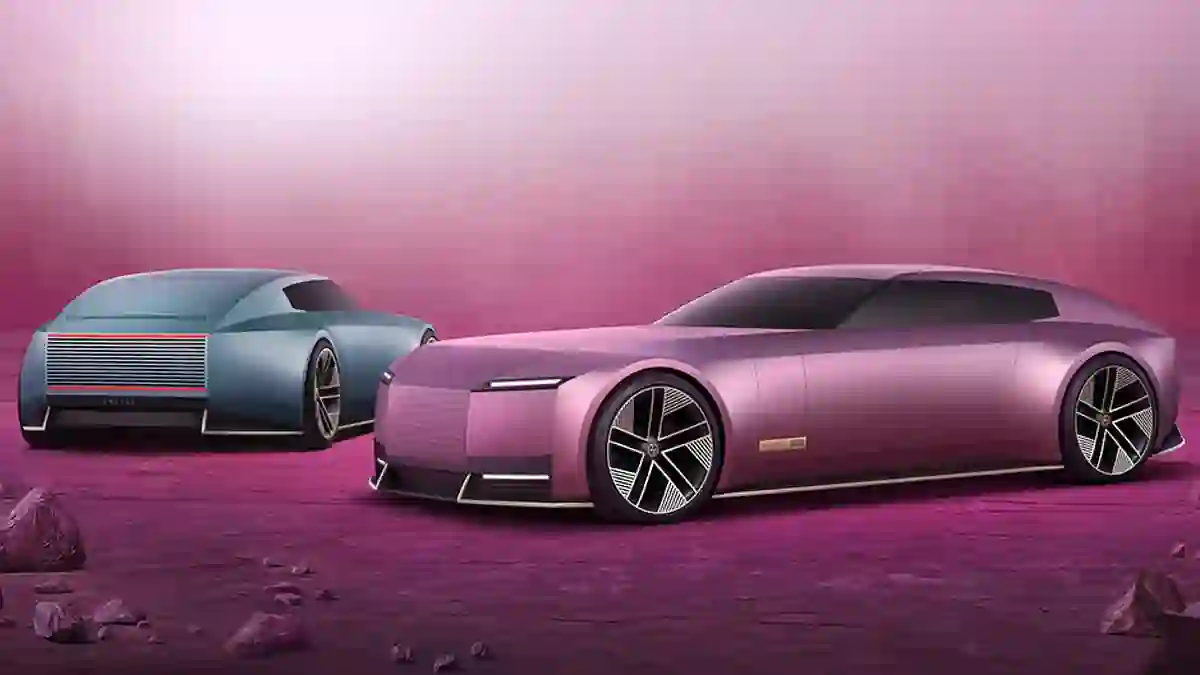You’d expect a car brand with nearly a century of heritage to tread carefully when reinventing itself—but Jaguar’s bold new direction has stirred up more outrage than admiration.
From scrapping its iconic logo to launching a glitzy ad campaign that barely features any actual cars, Jaguar’s overhaul has left fans confused—and sales in freefall.
The Iconic ‘Growler’ Gets the Axe
It all started when Jaguar ditched its legendary ‘growler’ big cat emblem—instantly recognizable and fiercely proud.
In its place came a minimalist, geometric “J” logo that some critics say looks more like a high-end handbag clasp than a car badge.
But the visual revamp didn’t stop there.
Jaguar rolled out a futuristic ad campaign featuring androgynous models in neon-colored outfits strutting through surreal, otherworldly landscapes.
The reaction? Mixed, to put it lightly. Longtime fans felt the brand had strayed too far from its roots, and the new look was met with a wave of online mockery.
Sales Numbers Drop Off a Cliff
The backlash isn’t just online—it’s hitting Jaguar where it hurts most: in the sales figures.
According to the European Automobile Manufacturers’ Association, Jaguar sold only 49 cars in April 2025, a dramatic plunge from the 1,961 units sold in April the year before.
That’s a staggering 97.5% decline in just a year.
Globally, things don’t look much better.
Jaguar recorded just 26,862 vehicles sold in the entire 2024/25 financial year, down 85% compared to 2018.
Jaguar Says “Don’t Panic”—It’s All Part of the Plan
Despite the grim numbers, Jaguar insists this collapse in sales isn’t linked to its rebranding.
The company claims the dip is expected, as it deliberately stopped producing cars at the end of 2024 to prepare for a completely new line of electric vehicles.
The rebrand was years in the making, with the company—now under Indian ownership—transitioning toward an all-electric future ahead of the UK’s 2030 ban on new fossil fuel vehicles.
The slogan for this new era? “Copy nothing.”
Industry Experts Are Not Impressed
Branding experts, however, aren’t exactly applauding.
One designer from California joked the campaign would be “taught in schools as how not to do a rebrand.”
Others called it a “dog’s dinner”—a chaotic mess of style over substance that failed to respect Jaguar’s legacy.
Even high-profile critics like Nigel Farage and Elon Musk weighed in.
Farage slammed the revamp as “woke nonsense,” warning Jaguar was heading for disaster.
Musk, in typical fashion, threw a jab on social media, asking: “Do you sell cars?”
Jaguar Claps Back at the Criticism
Jaguar hasn’t taken the criticism lying down.
The company fired back at trolls on social media, defending its creative direction and calling out what it saw as “vile hatred and intolerance” toward the diverse models featured in its ads.
Managing Director Rawdon Glover rejected claims that the company had abandoned its heritage.
He argued that Jaguar needed to break away from the traditional “automotive stereotypes” to make a real impact with today’s younger, eco-conscious consumers.
A New Chapter or a Big Misstep?
Whether this all-electric rebrand pays off or backfires spectacularly remains to be seen.
Jaguar is betting big on a fresh start, but the backlash so far shows how tricky it can be to balance innovation with legacy.
As of now, the production pause and jarring image shift have clearly thrown loyal fans for a loop.
But Jaguar maintains the strategy is going “exactly to plan” and insists the worst of the sales dip is only temporary.
